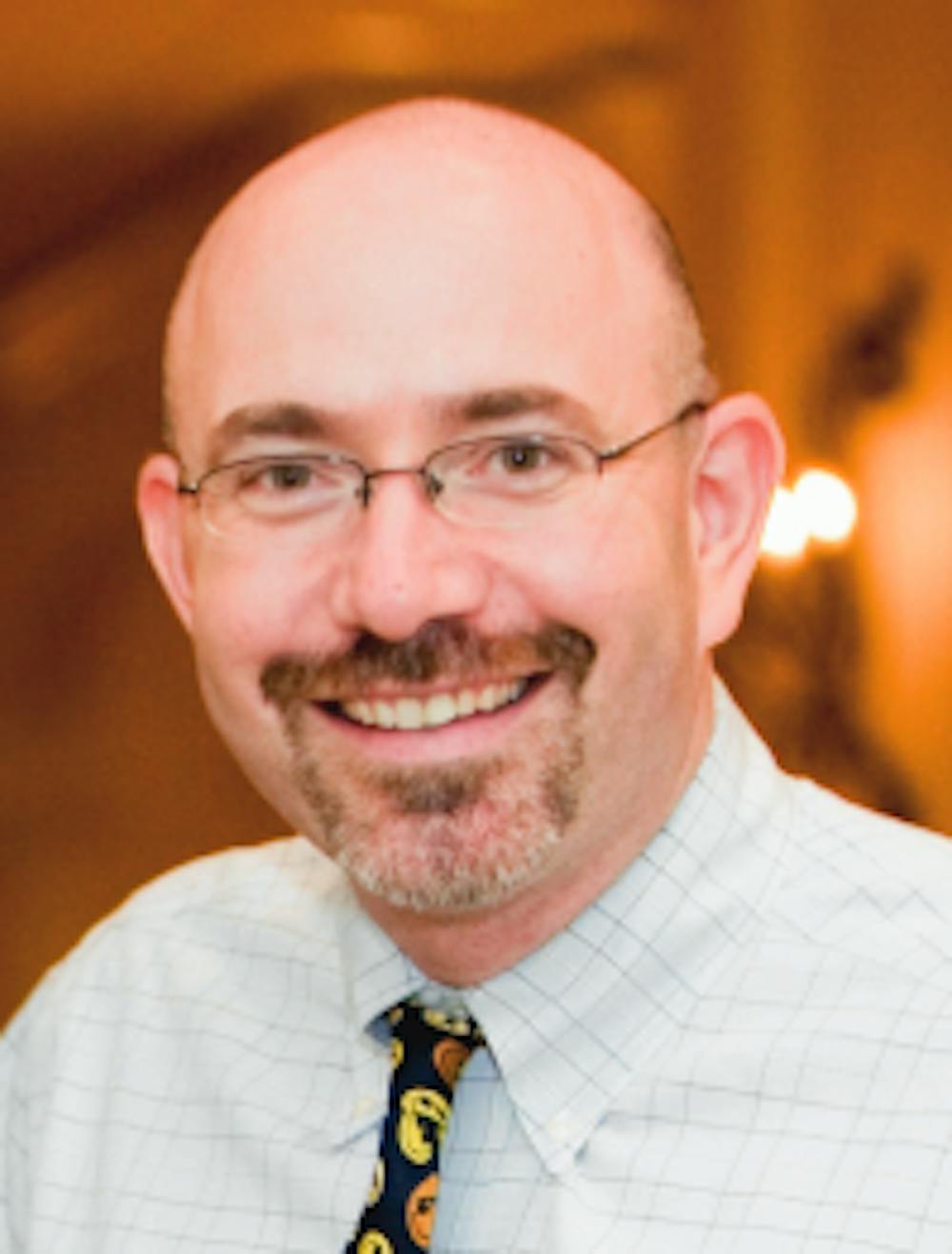Inspired by the fervor for educational reform among members of the college community, Middlebury College Activities Board (MCAB) has invited Mike Feinberg, co-founder of Knowledge is Power Program (KIPP) schools, to be the 2013 spring speaker. KIPP is a nationwide group of free charter schools aimed at preparing students in underprivileged communities for college.
Feinberg will give a lecture called “KIPP to Z: Lessons Learned to Help All Children Succeed in School and Life” at 9 p.m. on Tuesday, May 7 in Mead Chapel, followed by a question and answer session. No tickets are necessary for the talk, and all students, faculty, staff and community members are welcome.
Feinberg started KIPP in 1994 with co-founder Dave Levin just three years after graduating from the University of Pennsylvania. While working for Teach for America in Houston, Texas, Feinberg and Levin were frustrated when they noticed that even the most successful students in their fifth grade classrooms lost their good habits — not skipping class, not smoking — when they moved on to other grades. The determination to make a long-term educational impact on students gave Feinberg and Levin the idea for the KIPP program, and in 1995, they founded KIPP Academy in Houston.
Unlike private schools, admission to KIPP schools, which run fifth grade to twelfth grade, is determined by lottery. They are similar to private schools in their rigor and demanded level of commitment. Students have class from 7:30 a.m. to 5 p.m., for four hours on Saturday and must come to school for an extra month in the summer. Students, parents and teachers are all required to sign a learning pledge called a “Commitment to Excellence” in which all three parties promise to take every action to promote the child’s learning.
Monica Moua ’15, a graduate of the KIPP Summit Academy in San Lorenzo, Calif., believes that it was this cooperation that separated her educational experience from those at other schools.
“We stress the value of a team and family, because KIPP becomes our second home,” reflected Moua. “We work hard at breaking down walls and barriers that typically separate individuals to create a space where everyone is given an equal opportunity to thrive.”
Kit Tse ’16, who attended a KIPP school for high school, believes her teachers were the most influential part of her KIPP experience.
“They hold an immense amount of passion and enthusiasm for teaching and have high standards for their students,” said Tse. “It is incredible how much they care about their students personally and academically.”
Moua credits her KIPP experience for keeping her on the path towards college.
“They always said, ‘Climb the mountain to college,’” said Moua. “If I had never made the decision to enter a KIPP school, I do not believe I would have taken the opportunities that allowed me to get where I am today.”
There are currently 125 KIPP schools in 20 states, educating more than 41,000 students. Feinberg now works on regional and global development for the KIPP foundation and serves on the board for KIPP Houston. Among many prizes and recognitions, Feinberg and Levin received the Presidential Citizen’s Medal for their inspiring work, the United State’s second highest presidential award for private citizens.
Christian Schoning ’13 and Ellie Alldredge ’15 of the MCAB Speakers Committee thought Feinberg would be “a timely pick” for the spring speaker because of the widespread interest in education issues at the College.
This fall’s panels on affirmative action generated much discourse on campus, and the waitlist for the class Education in America is one of the longest at the College. Furthermore, approximately one quarter of the class of 2012 is presently employed in education, a higher percentage than any other occupation.
Alldredge explained how Feinberg’s youth paired with his amazing accomplishments was a main draw for MCAB.
“He’s a social entrepreneur who really manifested his dream and his goal within 10 years of leaving college,” said Alldredge. “Who could be a better role model to bring to our campus?”
There are presently several KIPP school graduates who attend Middlebury College and a few alums of the College teach at KIPP schools. The College has had applicants from KIPP schools in Houston, Austin, San Antonio, North Carolina and Arkansas and hopes to enroll more KIPP students in the future.
As part of the event, MCAB will host a dinner in partnership with Atwater Commons for students of the College who are KIPP graduates to meet with Feinberg.
MCAB will also host a small-scale discussion before the talk for students to speak with Feinberg, in addition to the question and answer session following the lecture. Students who are interested in this discussion, which will focus on the role of charter school and other reforms in promoting educational change, should email MCAB at mcabspeak@middlebury.edu explaining their interest in the discussion.
MCAB Announces Upcoming Speaker

Comments



